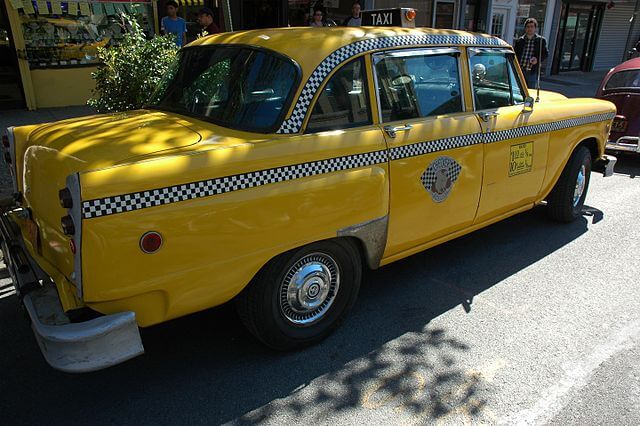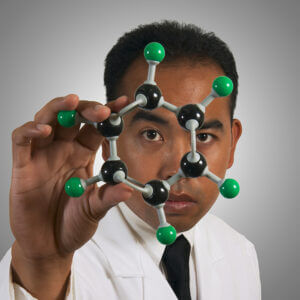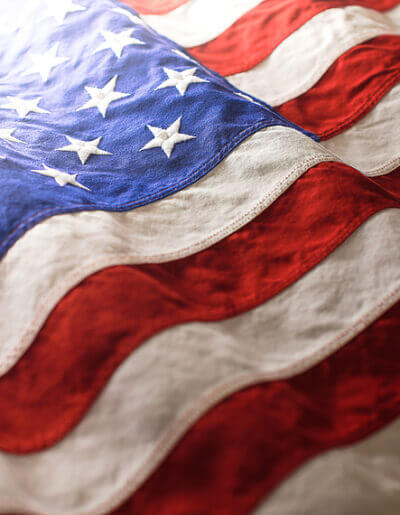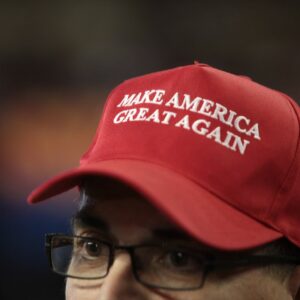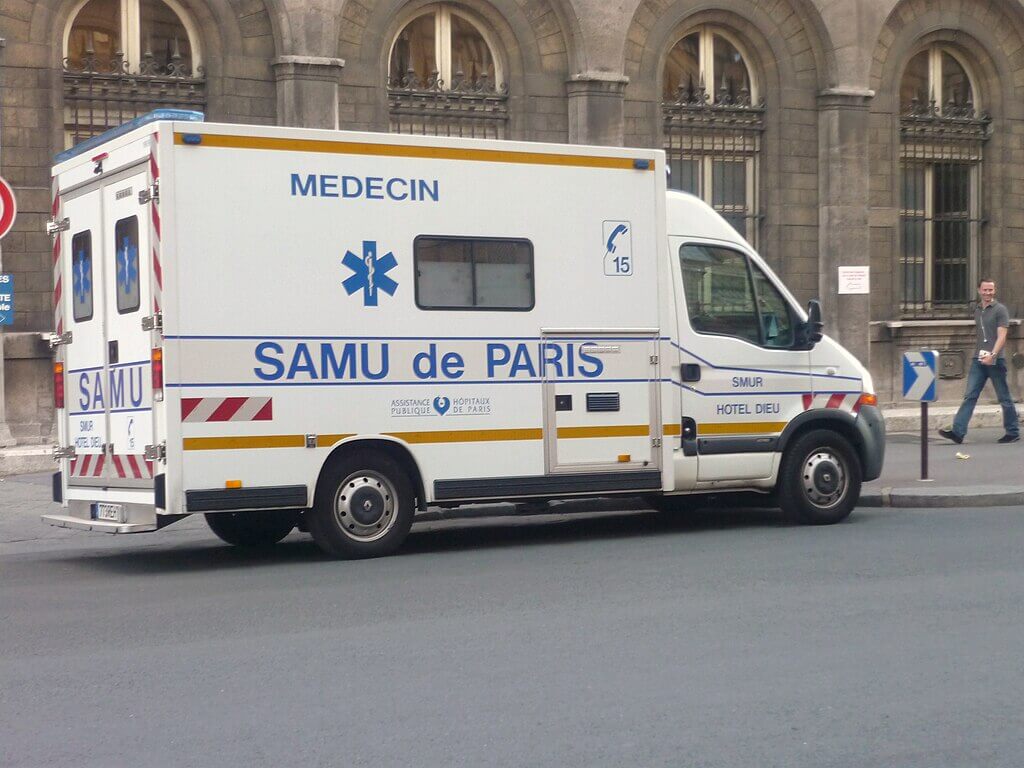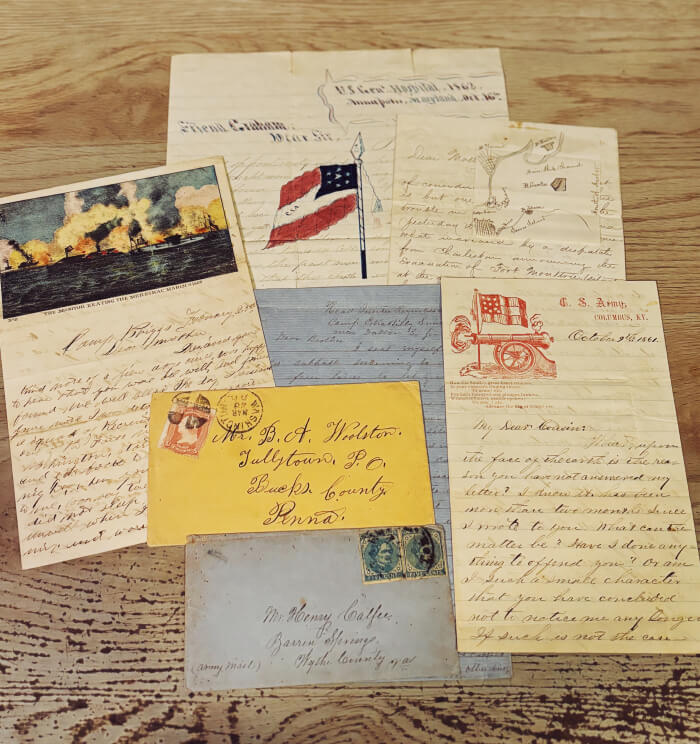Thanksgiving is my favorite American holiday. Let me count some of the ways I love Thanksgiving:
Because it isn’t very commercialized.
Because it doesn’t leave out the lovelorn and the lonely.
Because it has an intrinsic honesty: It’s about being grateful.
Because it’s about as much extended family as most of us can take: just one day of them.
Because there aren’t a lot of old movies — aired on other holidays — that get taken out of the movie mausoleum every year, like “Nightmare on Elm Street,” “Miracle on 34th Street” or that one about snow, “Holiday Inn,” and “The Ten Commandments.”
Because the political class generally shuts up. It doesn’t feel necessary to make long atavistic speeches with dubious grandiloquence that no one believes, least of all the speakers.
Because you don’t have to receive presents and lie to your close friends and family, “I always wanted a toy pig that burps,” or “Thank you for the lovely necktie. I’m sure they will come back into fashion in a few decades.”
Because there are no flags or bunting, and most houses aren’t turned into glaring neon performance art, nor are there skeletons hanging from swing sets.
Because you don’t have to wear a funny hat and red or green or any other color that signals that you are in the spirit of the event.
Because when I worked on the newspapers, I could volunteer and get paid double or better in overtime for a shift on Thanksgiving Day.
From my arrival at New York’s Idlewild Airport in 1963, I have been able to luxuriate in America’s bounty and give thanks.
It wasn’t always easy being an immigrant, even one of favored language and provenance (British), and it didn’t spare me and my English wife, Doreen, from hard times. We had those.
But America remained the mansion on the high ground where, if we were lucky, we could be let in to enjoy the riches of acceptance.
My first experience of the United States — and I give thanks for it — was the taxi driver who, when he learned I had hardly any money, gave me a free guided tour of Manhattan, The Bronx and Brooklyn. Finally, he deposited me at an uncompromising address on Flatbush Avenue in Brooklyn, where I was to stay while I found work and before I sent for Doreen, my cherished first wife.
It was a walk-up and there was no air conditioning. My hosts were an English couple in their 70s: Doreen’s aunt and her husband. She helped with newborns in wealthier people’s homes well into her old age. He had worked rather unsuccessfully as an industrial jeweler.
They were palpably short of money and hadn’t enjoyed an easy life since arriving in America in 1918. Their story had a fairytale, extraordinary last volume.
Out on Long Island, their grandson and granddaughter were growing up with a single mother, also in straitened circumstances. She worked with seedlings in a plant nursery. The grandson was to climb to the apex of achievement, to stun his family and, in time, the world with his talent.
This young man and I would swim in Long Island Sound, where we would head for anchored yachts with people partying on board. A decade older than my companion, I always believed that when they looked down on the swimmers, the partiers would invite us aboard for food and drink.
It never happened, but we enjoyed our aquatic adventures and social failure. If they had only known!
As I said, that young man was destined to win all that his mother and grandparents didn’t have. His name is Billy Joel, the “Piano Man.” He is someone for all in America to be thankful for — proof that in the United States, the last can be first.
